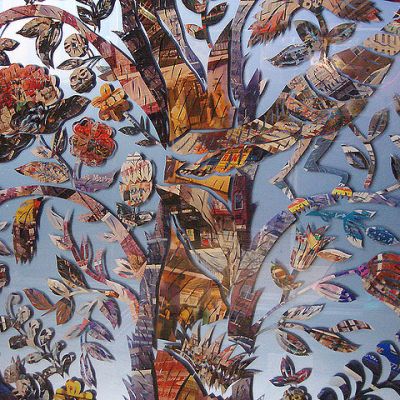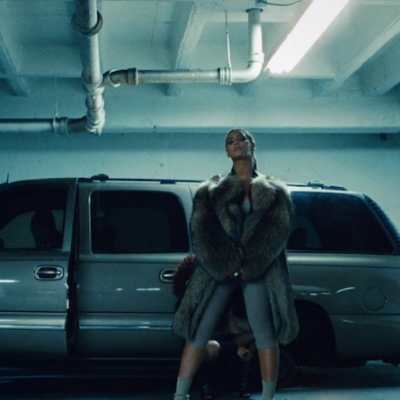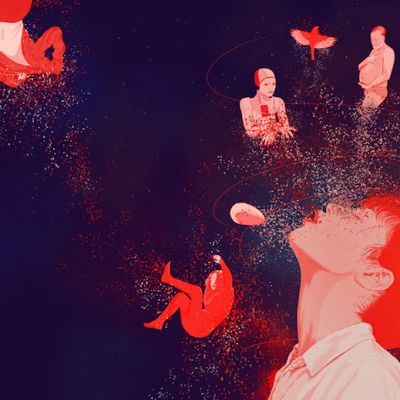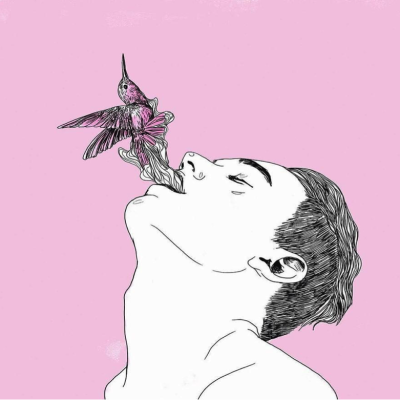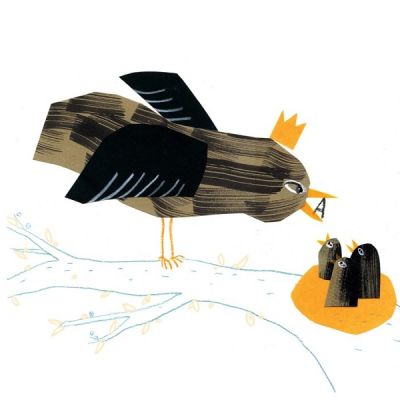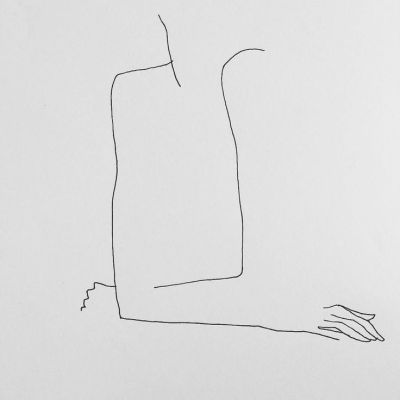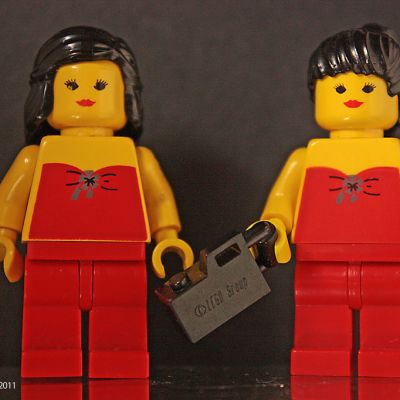TARSHI
We can speak of many situations in terms of access or its lack for all kinds of people, and it will always give us insight into the society we live in in two interdependent ways: one, it reveals a polarity between who is given and who is denied access, and two, it determines the big-picture human value given to the commodity that the access is contested for.
To belong or not to belong? Some people define themselves through commonalities. There are some who define themselves through difference and then seek to find others who share that difference. They find commonality in a shared difference. Commonality is what makes for a community. To keep that commonality becomes an unwritten rule. What lets you in? What keeps you out? Every community tries to keep its members together. There are expectations, rules, impositions and, for the dissidents, punishments. Ironically, even communities of people who do not conform to mainstream norms of sexuality or gender have their own norms.
Our desire to connect is perhaps one of the human aspirations that both Sexuality and the Internet serve. And with the Internet we now have new ways, unthought of even twenty years ago, of connecting with each other, and even at times with ourselves, finding aspects of our selves that we did not know existed.
Aspects of sexuality such as aesthetic taste, body image, sexual orientation, desires and aspirations, self-esteem, gender expression, reproductive choices, and more, are all interdependent with the impact of money in our lives and that of those around us. Indeed, our systemic relationship with money has a direct influence on how we ‘value’ ourselves.
The boundaries are the most interesting bits. No definitions can be identified without them, and yet they themselves remain in a state of flux – neither here nor there, neither this nor that, but both, all, nothing, and so much more. None can stake their claim on the borderland; it is unseizable, enigmatic, most ungraspable. In its ambiguity it has the power to comfort the outlier at its best, and at its worst, leave bereft those who seek refuge in the absolute.
Traditionally, marriage and sexuality have been bagged together and tinted with a bed-of-roses romance that has, over the last century or so, been unpacked and critiqued for propagating oppressive societal structures of gender, class, caste, and sexuality. Indeed, marriage isn’t just about two wedded souls matched in heaven, but about earthly ties that reach far beyond the couple it binds together. What happens when the roses are let out of the bag? This month’s issues of In Plainspeak on Marriage and Sexuality invite us to lean in and take a whiff.
What is the self, and what does it mean to give care? Philosophers, activists, artists, scientists, people of all inclinations and positions have pondered on, played with, and struggled to come to meaningful definitions about the issues these questions address. Without care, can there be a self at all?
The arts hold great sway on how sexuality is viewed, represented, and understood. Does art imitate life, or life, art? Or can it be tossed away as an inscrutable mix of the two influencing each other?
For as long as we can conceive of the existence of human civilisation, we can expect there to have been people’s movements. The term ‘people’s movements’ itself refers to the inexorable nature of the human being: things always change; they fall apart and come together in dynamic fluidity, and this uncontainable, organic spirit of constant flux is some of the joy of living.
Fantasy is make-believe. We make something up and then we believe it in order to make it exist. However, in some contexts, the make-believe is relegated to the realm of mere ‘play’ (as opposed to the ‘real’), but there’s no denying that make-believing is a crux of human civilisation – children naturally play make-believe games that steer them in their growth, adults use the hypothetical in their thought to make everyday decisions, and both children and adults rely on fantastical stories and myths to construct a common meaning that contributes to creating the world as we know it.
How much do our parents teach us about ourselves? If science and psychology have proved that sexuality and sexual development grow and bloom in the course of our lives along with our other faculties, what role do our parents have in what we learn about sexuality? And, as parents, surely there’s so much we learn about sexuality, ourselves, and everything else from essaying the role? To parent is to learn how to teach what we already know, and to be able to receive more than a few surprise lessons ourselves.
Talking about migration would be talking about what happens with the crossing of boundaries. Boundaries of culture and climate, and boundaries of visibility, where a change in semantics can come to render what was invisible visible (an accent, perhaps a way of dressing, one’s values and ideas, the experience of being surveilled as an alien), while also allowing the migrant certain new freedoms to be invisible (anonymity where ‘nobody knows your name’, and certain kinds of agency one may not have enjoyed back home).
Where perhaps attire traditionally demarcates community identity (one’s tribe, religion, caste, class, etc.), it has in more recent times (along with other identifiable commodities) come to also be used to express, assert, assess, control and contest individual identity. How does sexuality come into play in matters of attire and identity? And how do they all relate to how we live and connect with each other?
With Assisted Reproductive Technologies, science has managed to use technology to prise apart previous associations between reproduction and sex. With gender, class and queer theory, the social sciences have prised apart previous associations between gender and sex. We have found that knowledge through science, like knowledge of sexuality, can’t be pinned down to absolutes. “The more you know, the more you know you don’t know,” said Aristotle. While science may value the systematic and objective, it cannot escape the baffling convolutions of lived experience. How does life influence knowledge, and knowledge influence life?
Sexuality can be said to influence and be influenced by every aspect of our lives. Talking about sexuality, however, is widely tabooed, especially at the workplace. Anything that evinces sexuality is at once mired in controversy – from clothing choices (of women, especially) to sexual harassment cases, from gender role-challenging career choices to sex work. Why is anything to do with sexuality seen as taking away the gravitas of work?


